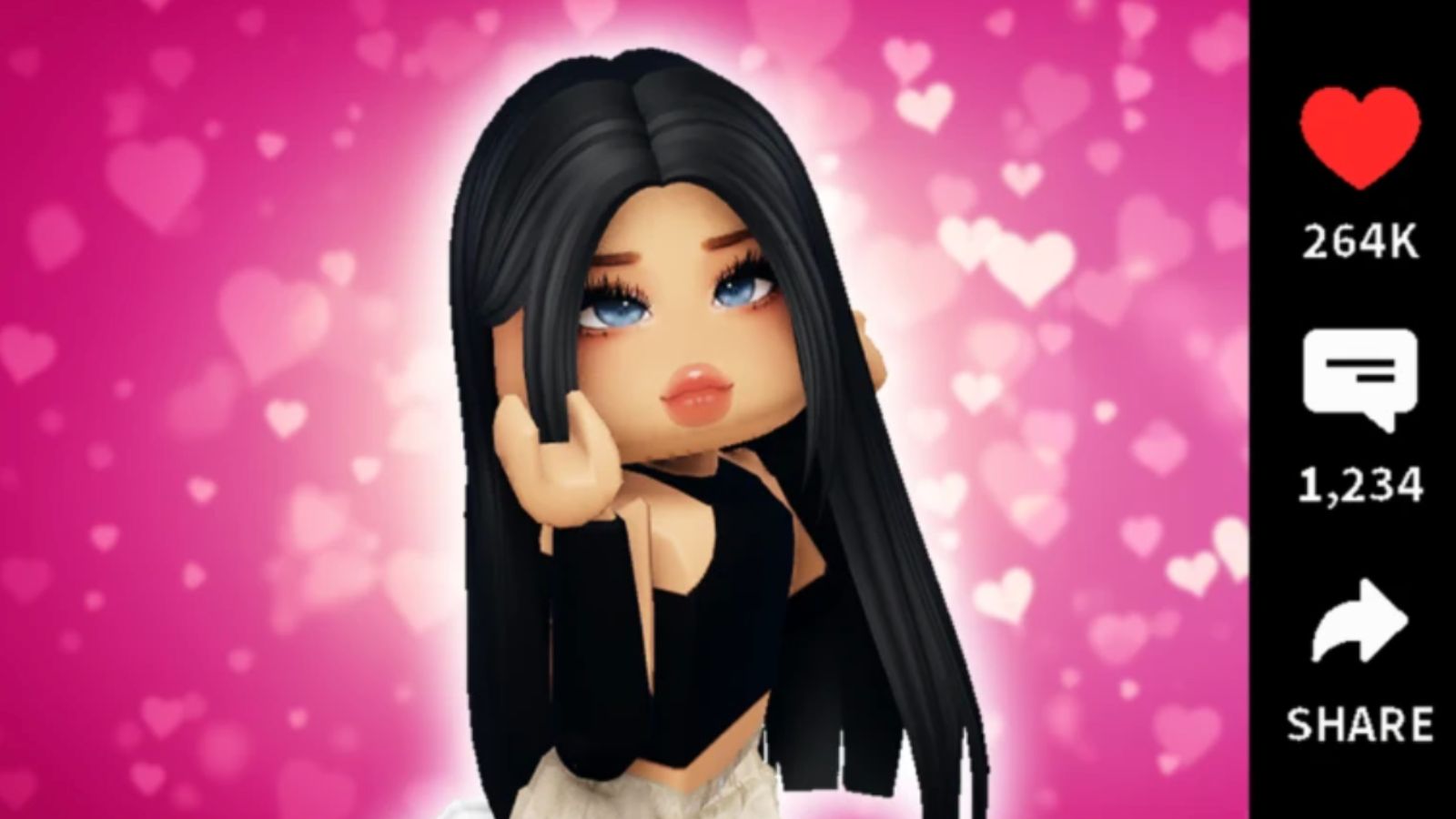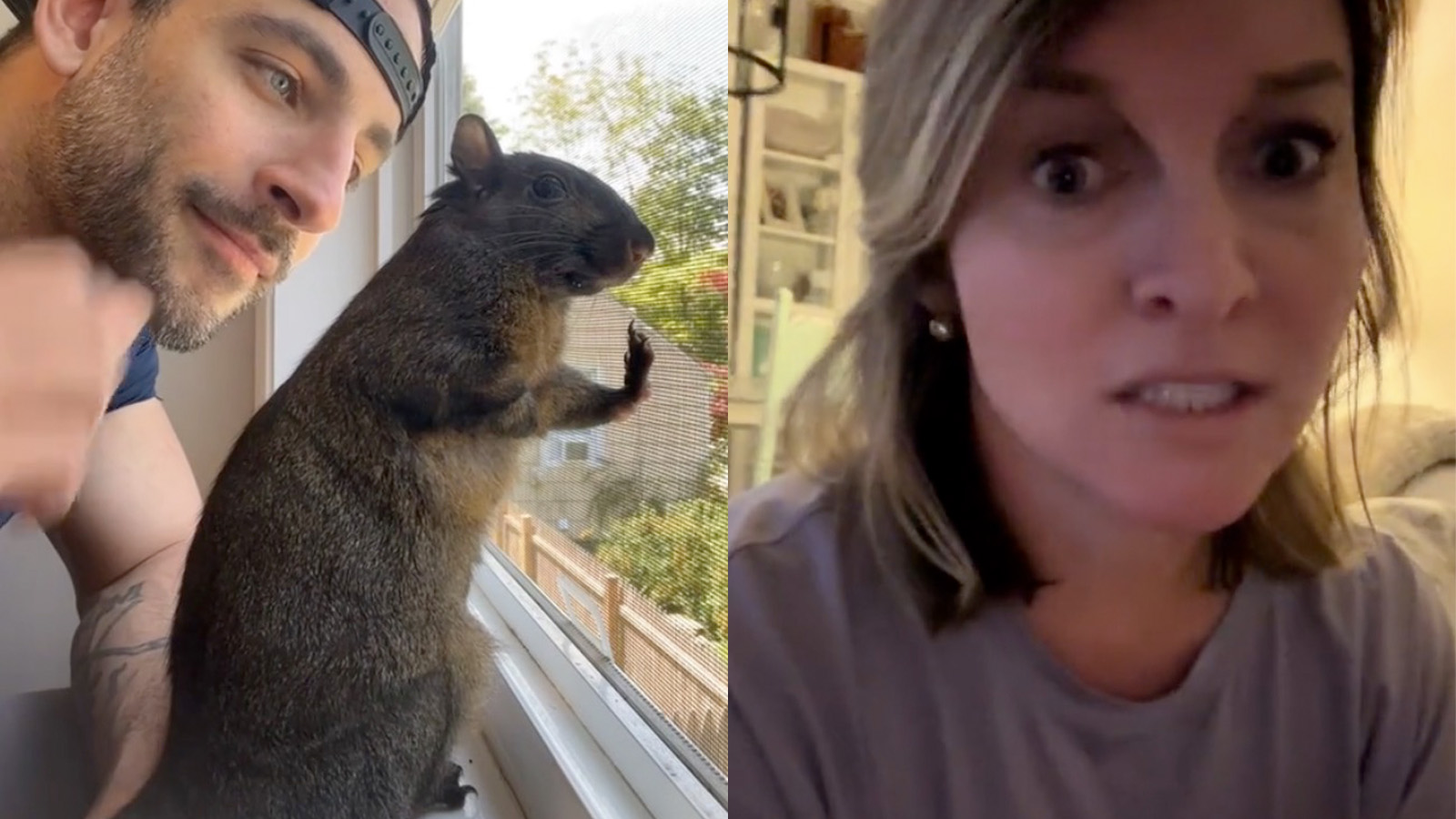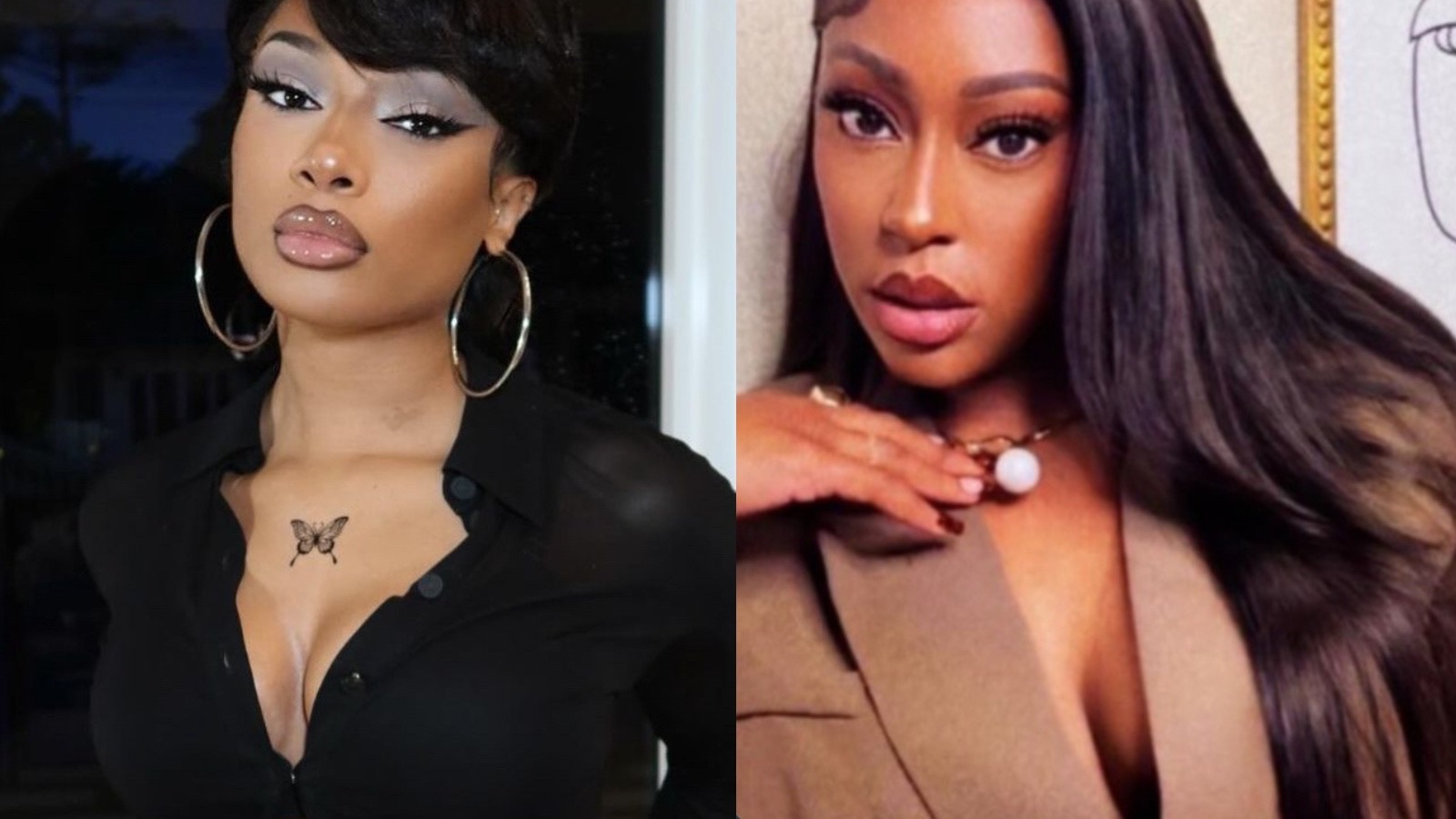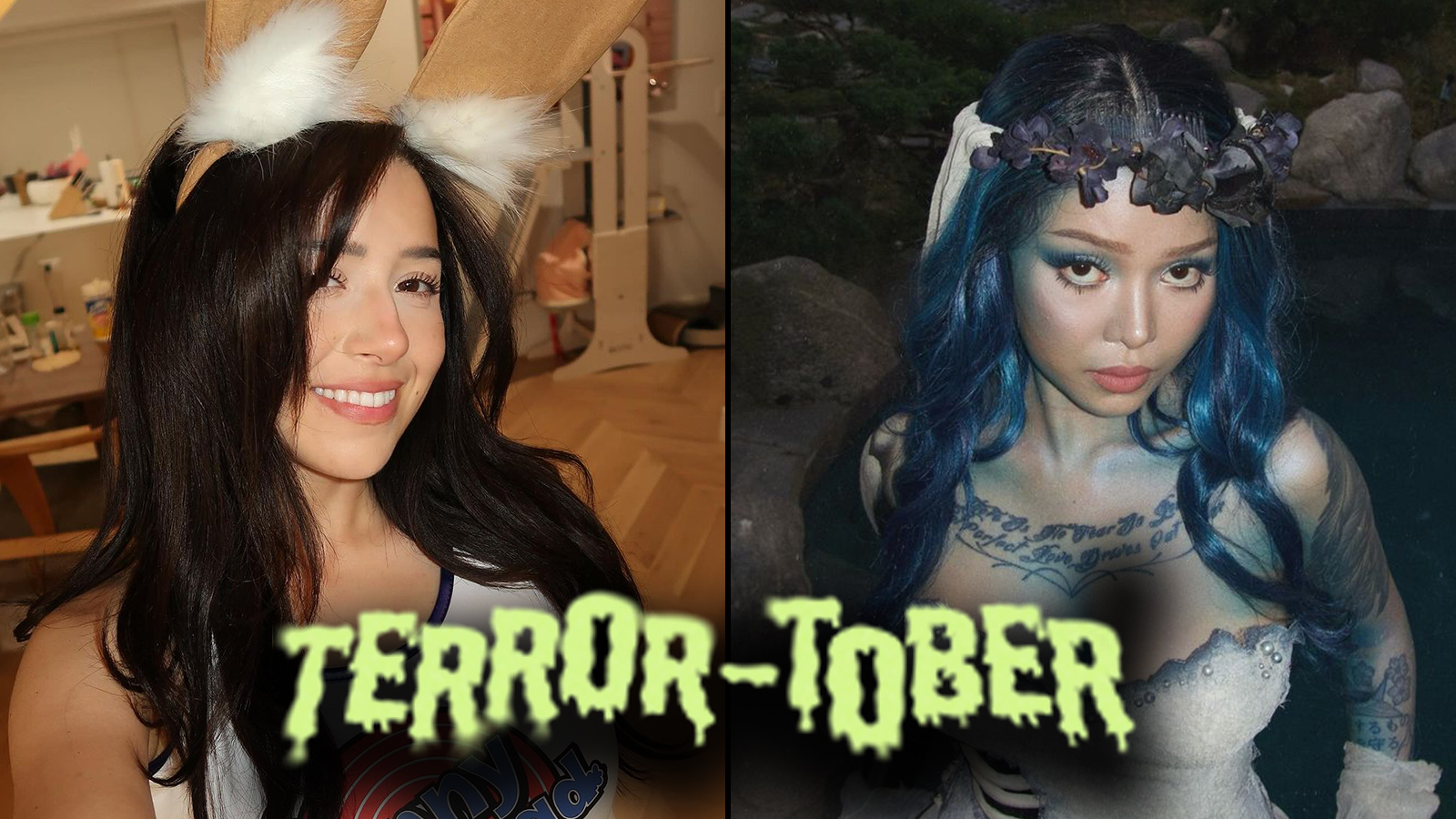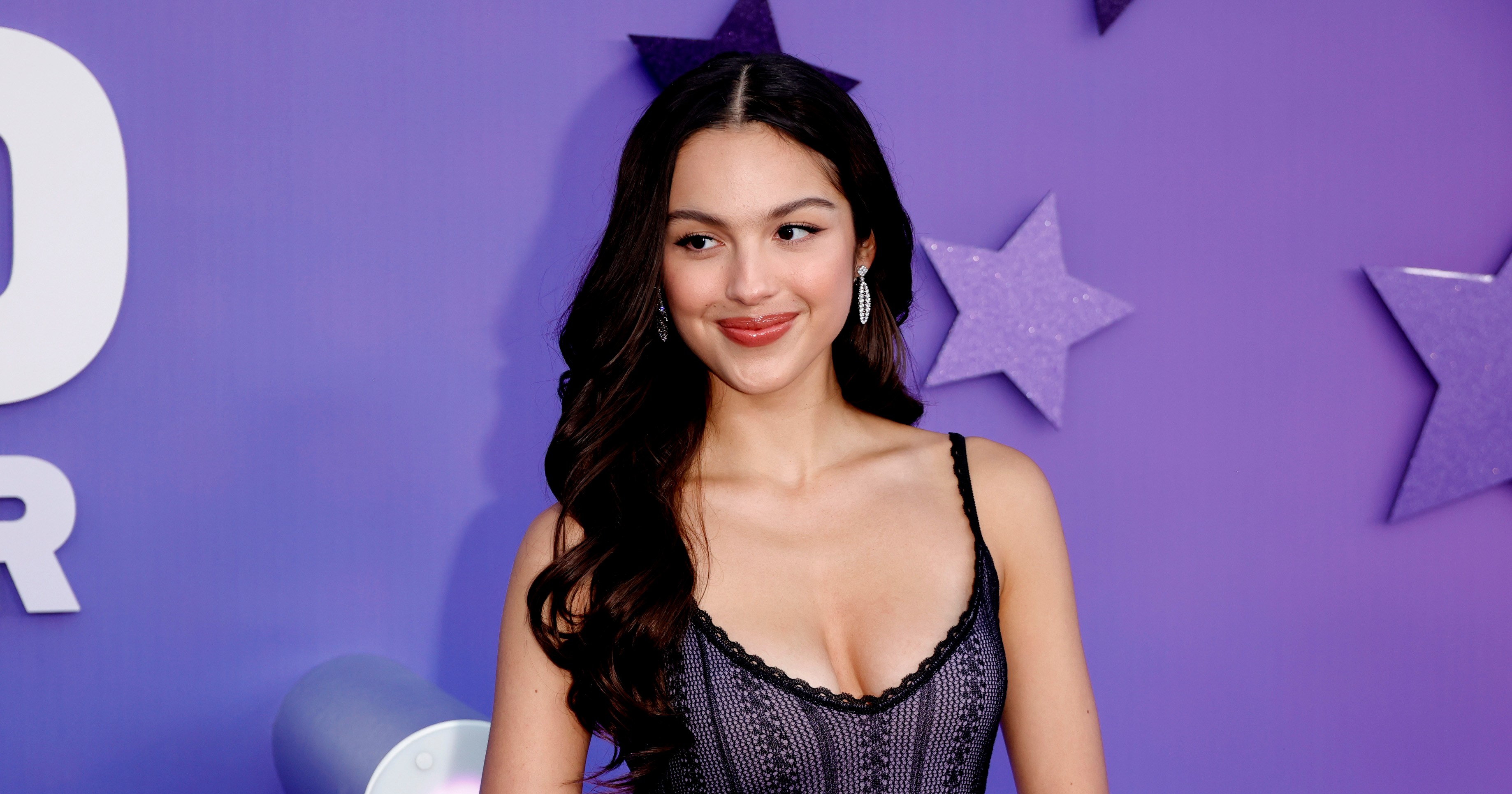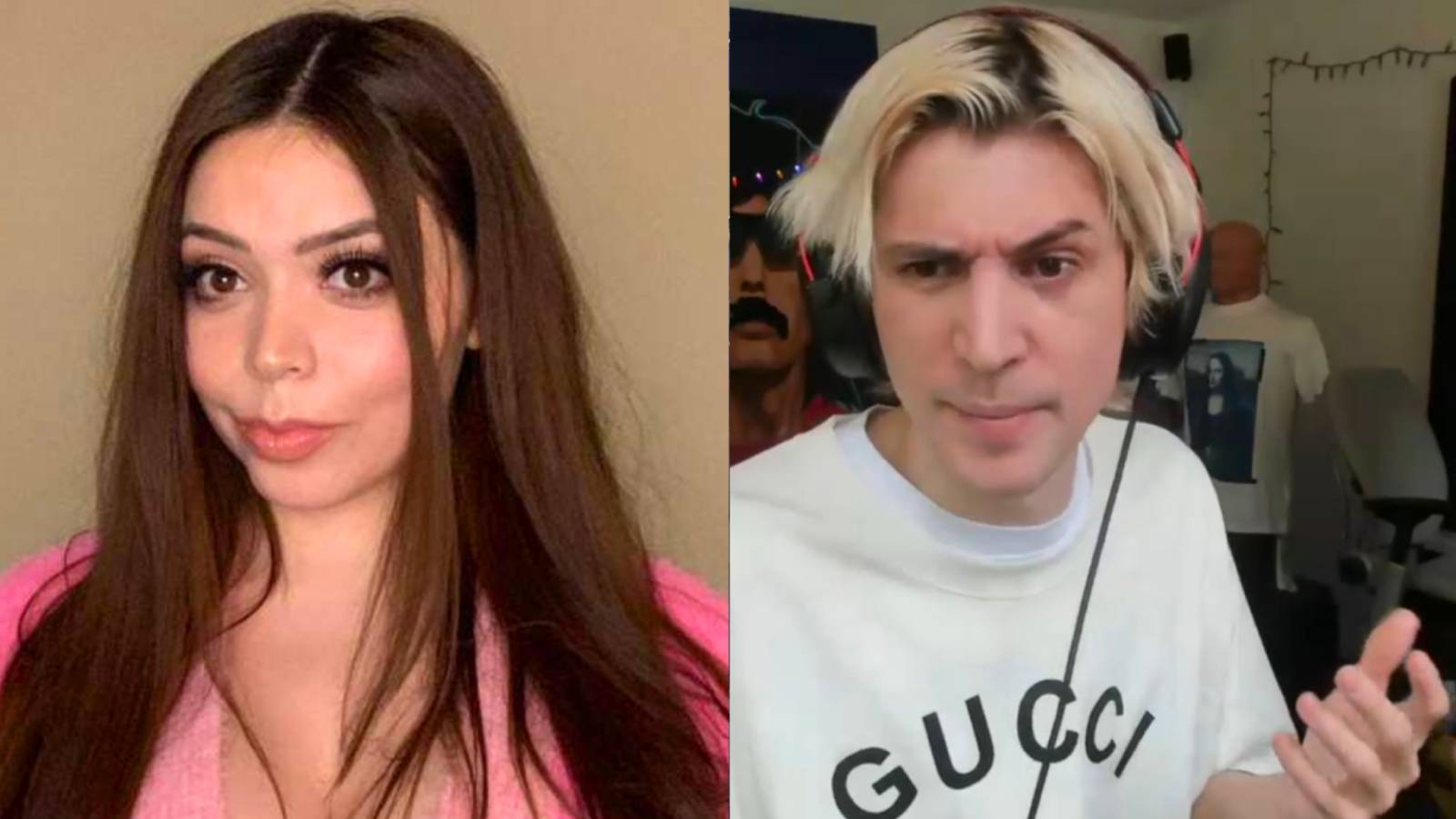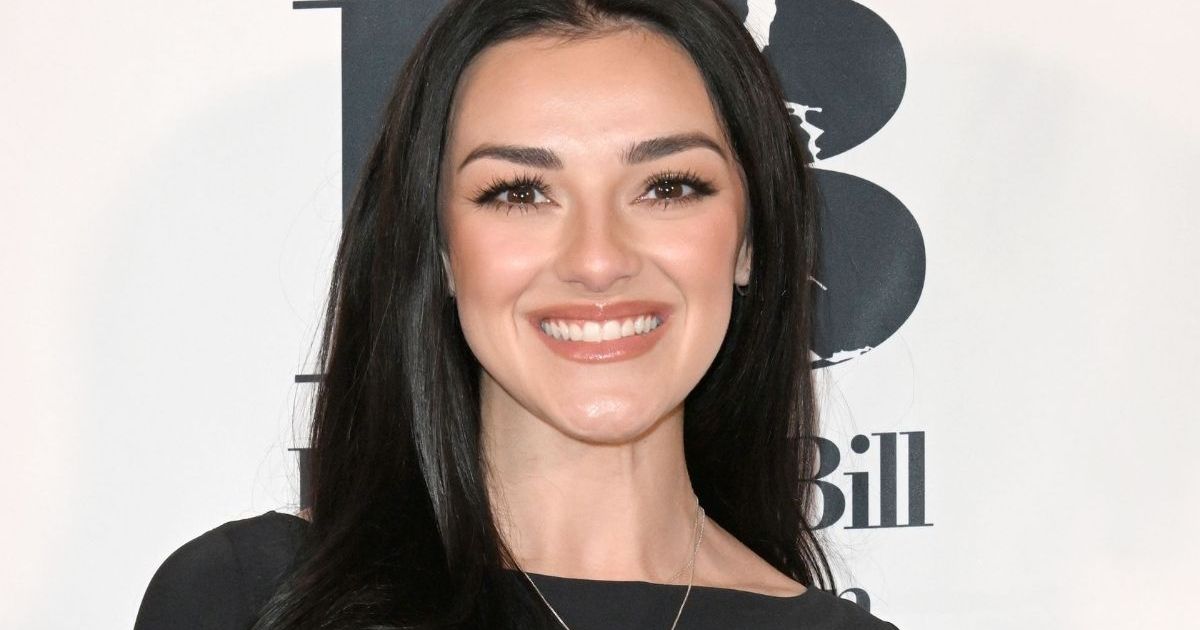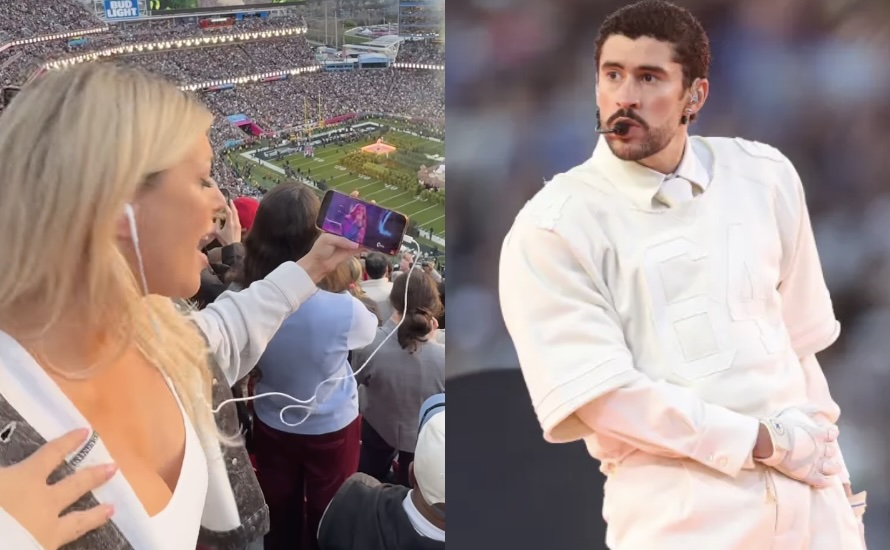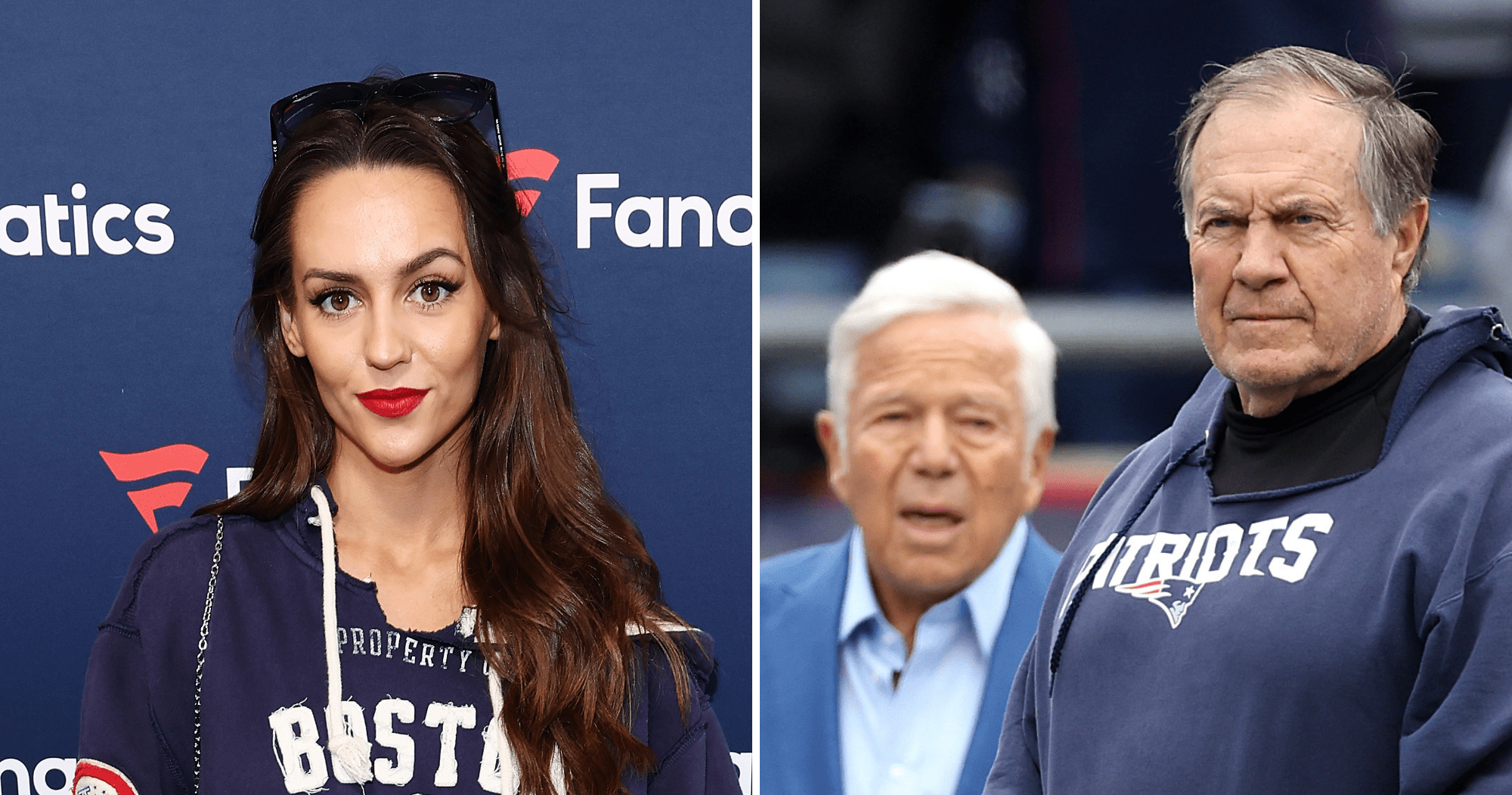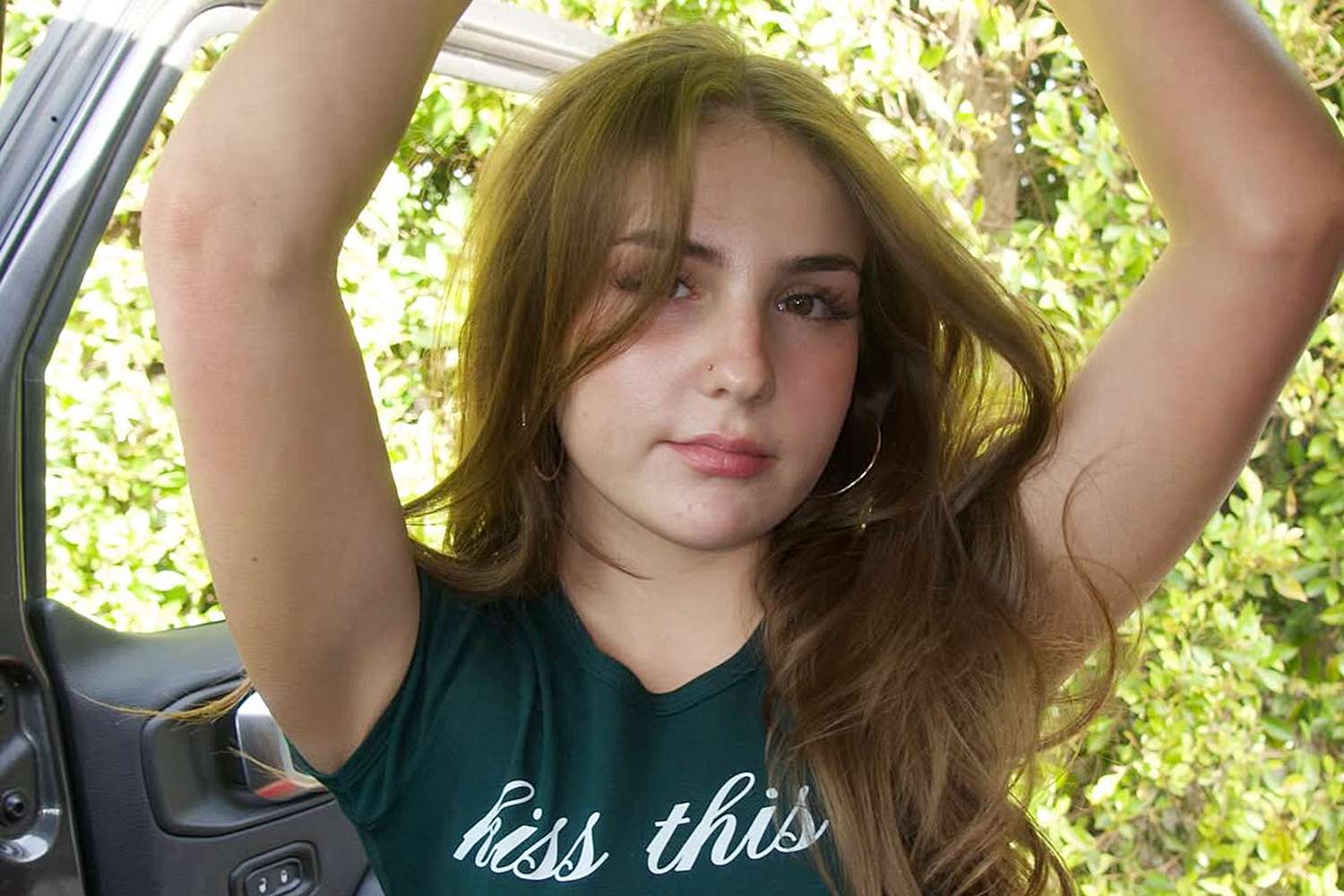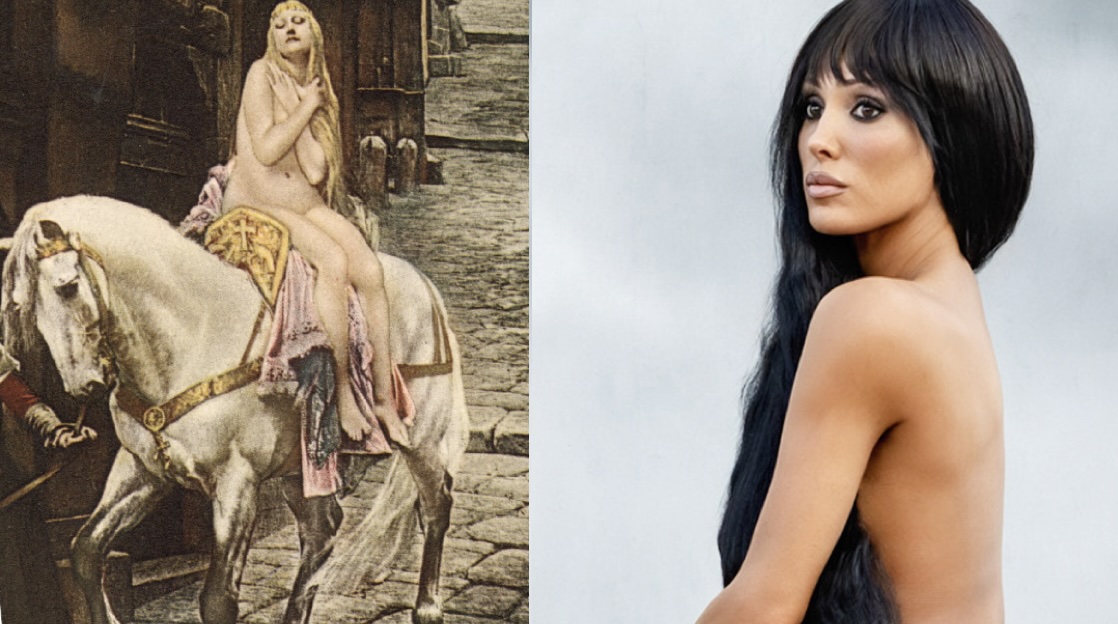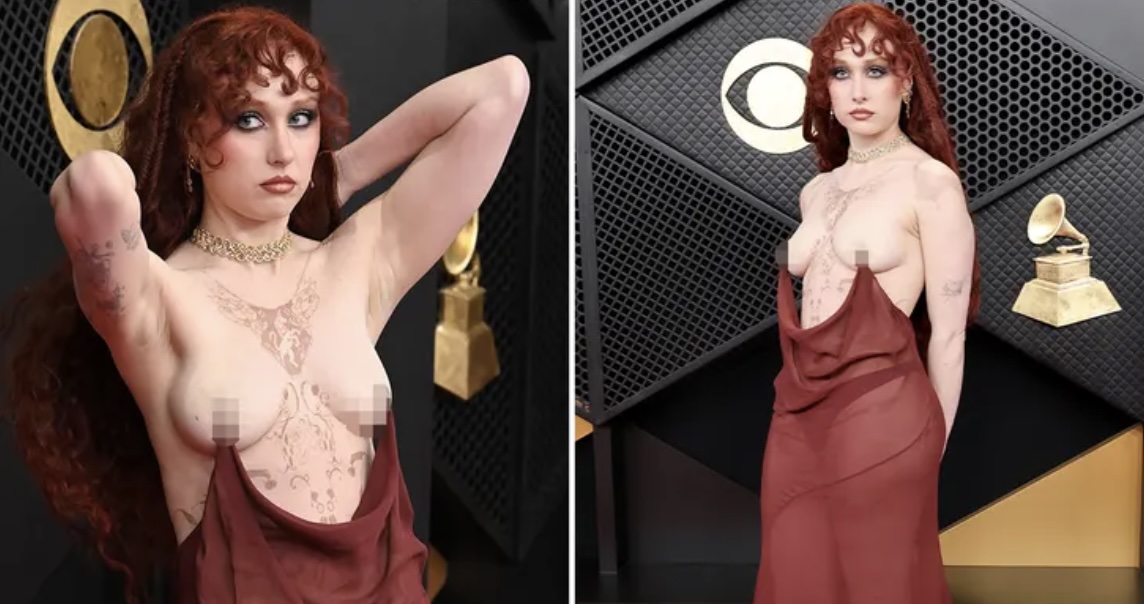TikTok's Algorithm Exposed: Prioritizing Beauty Standards Unveiled
TikTok, the popular social media platform, is under fire as leaked internal documents shed light on its algorithm's preference for showcasing content from individuals deemed more attractive. The revelation has sparked controversy and legal action, with 14 states, including California and New York, filing a lawsuit against the platform.
The unredacted reports exposed TikTok's deliberate strategy of promoting content from "beautiful" users while diminishing the visibility of those considered "unattractive." The documents, initially concealed but made public inadvertently, highlighted the platform's focus on the potential negative impact of its app on young users.

According to NPR, the exposure of this information occurred when Kentucky Public Radio discovered that copying and pasting sections of court filings unveiled previously redacted text, revealing alarming details about TikTok's practices.
One of the most concerning revelations from the leaked documents is the allegation that TikTok adjusted its algorithm to prioritize showcasing individuals perceived as attractive. When the algorithm detected a surge in content from "not attractive subjects" on users' For You pages, TikTok reportedly intervened to promote what they deemed as beautiful, perpetuating a narrow beauty standard.
Furthermore, the documents suggest that users considered less attractive were intentionally pushed down in the algorithm's ranking, potentially impacting their visibility and engagement on the platform. Kentucky authorities expressed concerns about TikTok's actions, emphasizing the negative implications for young users.

This recent controversy is not the first time TikTok has faced criticism regarding its algorithm favoring content from individuals meeting certain beauty standards. In 2021, the platform witnessed a surge in beauty-related trends, including challenges like plastic surgery transformations and beauty filter effects.
One concerning trend even advocated for applying garlic on the face, a practice that experts have since cautioned against due to potential risks. The leaked documents also revealed that a significant majority, 95%, of smartphone users under 17 engage with TikTok at least once a month, indicating the platform's widespread influence among young audiences.
Moreover, internal insights from TikTok indicated that the platform was aware of the negative impact of excessive app usage on essential aspects of users' lives, such as sleep, work or school responsibilities, and personal relationships. An unnamed TikTok executive was quoted acknowledging that the app's algorithm could disrupt users' daily routines and interactions.
Despite the alarming revelations, a TikTok spokesperson defended the platform against NPR's reporting, accusing the media outlet of misrepresenting the company's commitment to community safety. The spokesperson emphasized that TikTok implements various safety measures, including removing suspected underage users and introducing features like default screen time limits and enhanced privacy settings for minors.

As the legal battle between TikTok and the Attorneys General of multiple states unfolds, California's Attorney General, Rob Bonta, has accused TikTok of deliberately targeting children due to their vulnerability to addictive content. Bonta emphasized the need to hold the platform accountable for the detrimental effects on American children's well-being and childhood experiences.
New York's Attorney General, Leticia James, has specifically highlighted the harmful impact of beauty filters on young girls, linking them to body image issues, eating disorders, and other health concerns. James underscored the need to address the negative influence of beauty standards perpetuated by social media platforms like TikTok.
In response to the lawsuit's allegations, TikTok's spokesperson, Alex Haurek, refuted the claims, asserting the platform's commitment to user safety and well-being. Haurek mentioned the implementation of safety features and proactive measures to protect young users from potential harm while engaging with the app.
As the legal proceedings continue, the controversy surrounding TikTok's algorithm and its impact on young users raise significant concerns about social media platforms' responsibility in promoting healthy online environments and safeguarding users, particularly vulnerable demographics like children and teenagers.

